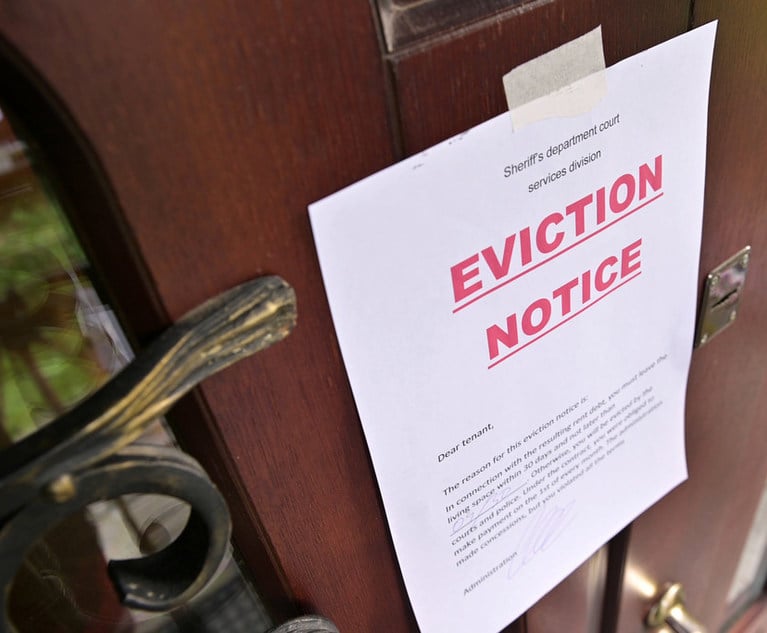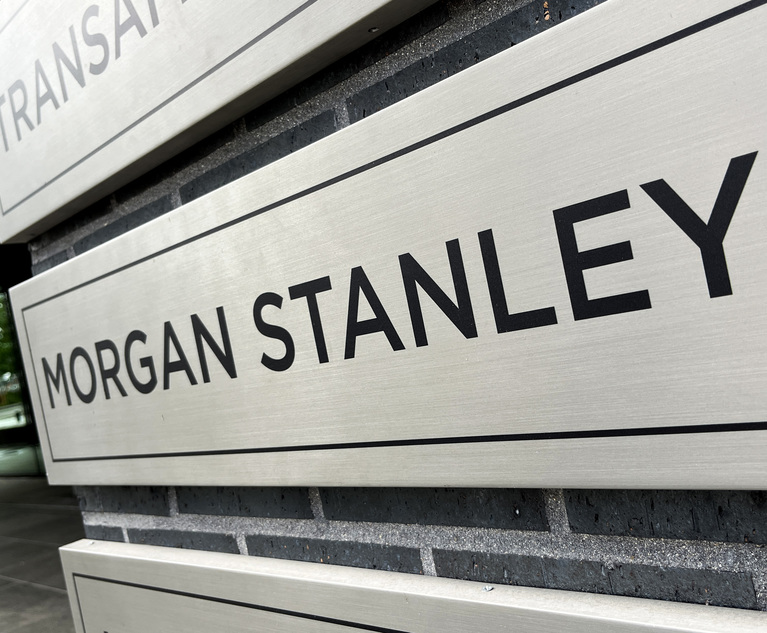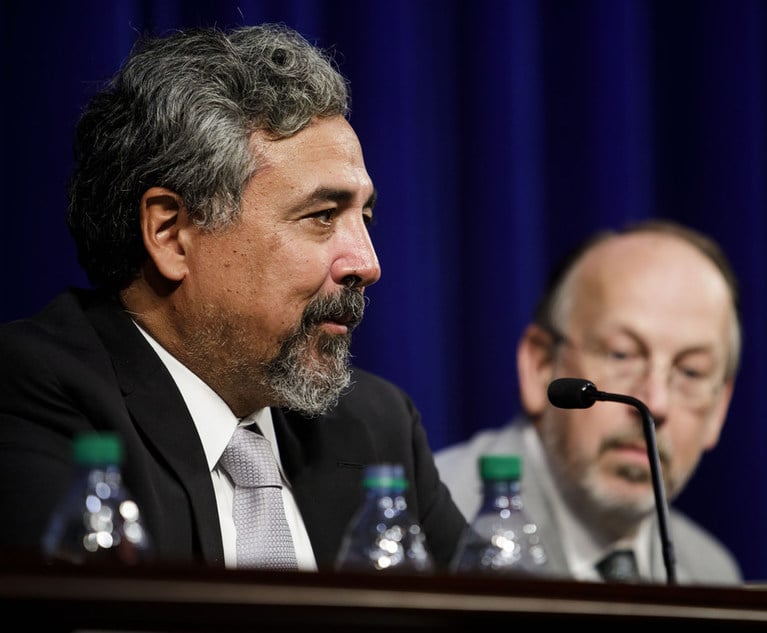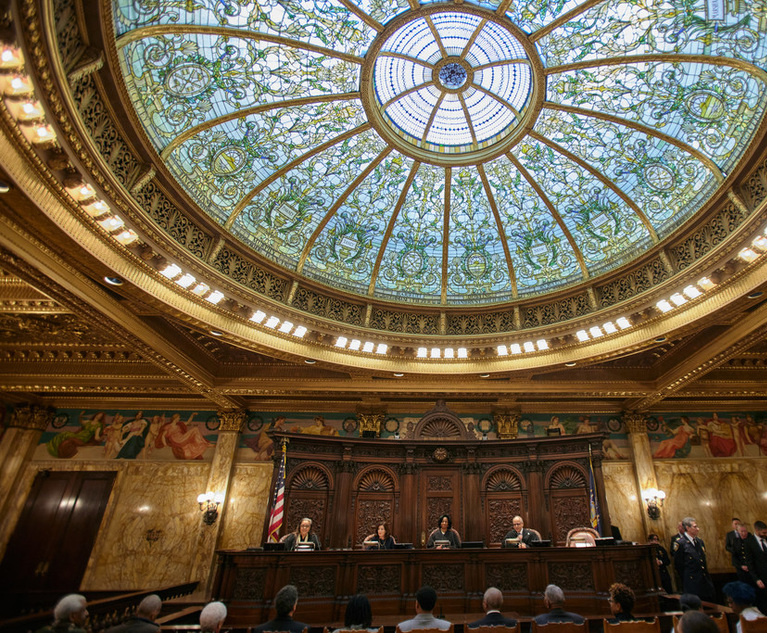 More and more officials in states across the country are seeking to assert authority over the ways that social media companies interact with their users, and how they handle posted content. The companies typically have objected to those restraints by asserting, among other things, a First Amendment right to be free of government control. As one can imagine, in a number of instances litigation has followed. The principal decisions that have come down so far have yielded a split between the U.S. Courts of Appeals for the Fifth and Eleventh Circuits, indicating that these disputes will ultimately need to be settled by the U.S. Supreme Court.
More and more officials in states across the country are seeking to assert authority over the ways that social media companies interact with their users, and how they handle posted content. The companies typically have objected to those restraints by asserting, among other things, a First Amendment right to be free of government control. As one can imagine, in a number of instances litigation has followed. The principal decisions that have come down so far have yielded a split between the U.S. Courts of Appeals for the Fifth and Eleventh Circuits, indicating that these disputes will ultimately need to be settled by the U.S. Supreme Court.
The Florida Fight
In May 2021, Florida Governor Ron DeSantis signed S.B. 7072 into law, announcing his action in a press release indicating that he was intending “to Stop the Censorship of Floridians by Big Tech.” S.B. 7072 states that social media platforms are important in preserving First Amendment protections for all Floridians and, comparing social media platforms to public utilities, argues that they should be “treated similarly to common carriers.” The law justifies that treatment because it says that social media platforms have “unfairly” treated Floridians and “[t]he state has a substantial interest in protecting its residents from inconsistent and unfair actions” by social media platforms.






